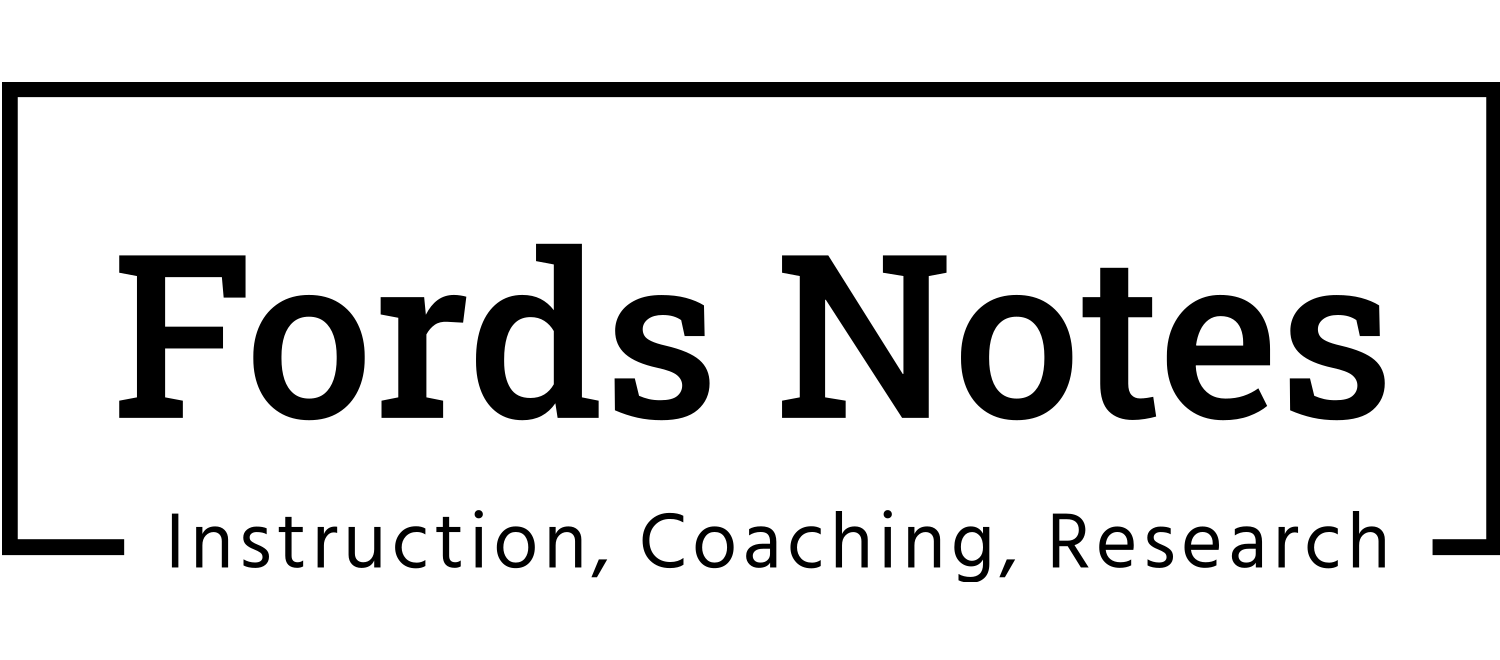In 2019 I predicted that there would be a shift in the training industry towards cloud computing. Looking back I was wrong. In 2020 I again predicted to friends in the training industry that there would be a massive demand for cloud training courses and associated certifications. I was wrong again. Now I’m not going to make the same mistake and predict a huge demand for cloud training; but I think I understand why my previous calls were wrong. I believe I was wrong because I failed to see the pathway to cloud. That pathway to cloud needs more people with deeper knowledge of Linux and virtualization.

Today there is one path to vendor neutral, entry level cloud certification: CompTIA Cloud Essentials+ leading to CompTIA Cloud+. There are more specialized programs from Cloud Security Alliance, the Certified of Cloud Security Knowledge (CCSK) and ISC(2) Certified Cloud Security Professional (CCSP) with focus on security. There are a number of vendor sponsored programs: Amazon AWS Cloud Practitioner, Google Cloud Digital Leader leading to Cloud Engineer, and Microsoft Azure Implement, manage, and monitor cloud solutions (AZ-104) which is the staring point for three different certification paths (cloud IT, Hybrid Cloud IT and cloud IT pro expert.
The CompTIA Cloud+ certification assumes Linux knowledge and covers virtualization. There is no classroom or virtual training for CompTIA Cloud Essentials+ but there are study guides available. There are classes from CompTIA and multiple training companies for Cloud+. The Cloud+ exam is closed book with 90 multiple choice questions in 90 minutes.
Version 4 of the Cloud Security Alliance (CSA) CCSK contains 14 different exam topics ranging from cloud architectures and concepts to information management and governance to information security. There is one topic area that directly addresses virtualization and container technology. A breakdown of how those 14 topics factor into the exam is not offered. The CCSK exam consists of 60 questions to be completed in 90 minutes. The CCSK exam is open book (exam candidate brings their notes to the exam) and costs $395. That $395 cost offers two attempts to pass the exam as a retest is offered to those who do not pass on the first attempt for no additional cost.
Over the past months in 2023 ISC2 has been (if my own email inbox is any indicator) heavily marketing the CCSP certification. The exam objectives define six domains with emphasis on cloud data security (20%). Of note is that CCSP has achieved US Department of Defense Directive 8570.1 status; meaning this certification has been reviewed and included into a career path for US military personnel. Unlike the ISC2 Certified Systems Security Professional (CISSP) certification there is no experience requirement for CCSP.
All of these programs require working knowledge of how information technology is shifting to the cloud. The advantage of these certification programs from organizations that aren’t Cloud Service Providers (CSPs) is that candidates don’t need to know the specifics of each cloud vendors offerings. When I was studying for the AWS Cloud Practitioner I had to know each part of their offering and on the exam I had to be able to identify the function and the marketing name.
I believe the weakness of these non-CSP certifications is validating the candidate’s working knowledge of Linux and virtualization in cloud environments.

